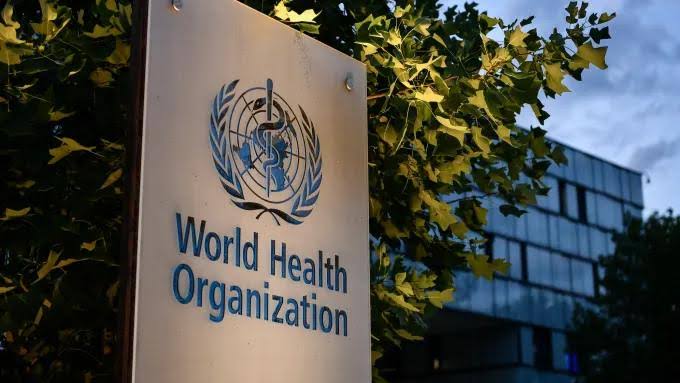The World Health Organization (WHO) declared the mpox outbreak in Africa a global health emergency on Wednesday, following concerns that a more lethal strain, clade Ib, had spread to four previously unaffected countries.
An emergency committee, convened by WHO, advised Director-General Tedros Adhanom Ghebreyesus to issue the public health emergency of international concern (PHEIC) after the strain, previously confined to the Democratic Republic of Congo (DRC), was detected in new regions. Tedros emphasized the urgency, noting the potential for further spread within Africa and beyond.
“The detection and rapid spread of a new clade of mpox in eastern DRC, its detection in neighboring countries that had not previously reported mpox, and the potential for further spread within Africa and beyond is very worrying,” Tedros said. “The emergency committee met and advised me that the situation constitutes a public health emergency of international concern. I have accepted that advice.”
A PHEIC is WHO’s highest level of alarm, reserved for extraordinary events that pose a public health risk through international disease spread and may require coordinated international action. Committee Chair Dimie Ogoina expressed concern that the outbreak could be significantly underreported, stating, “What we have in Africa is the tip of the iceberg.”
The Africa Centres for Disease Control and Prevention declared the outbreak a public health emergency of continental security on Tuesday, the agency’s first such declaration since its establishment in 2017. Since the beginning of the year, over 17,000 mpox cases and more than 500 deaths have been reported across 13 African countries, with the DRC accounting for 96% of confirmed cases.
Mpox, formerly known as monkeypox, is a viral disease that spreads through close contact or contaminated materials. Symptoms include fever, painful rash, headache, muscle and back pain, low energy, and swollen lymph nodes. While it had primarily been confined to Central and West Africa for decades, mpox began spreading in Europe and North America in 2022. WHO previously declared a global health emergency for mpox in July 2022 but ended it in May 2023.
The virus has two genetic clades, I and II, with clade Ib responsible for more severe disease. WHO officials clarified that the current situation involves multiple outbreaks of different clades with varying modes of transmission and risk levels.
Although no cases of clade I mpox have been reported in the United States, the U.S. Centers for Disease Control and Prevention is monitoring the situation and has offered support to WHO and the DRC. The CDC recommended vaccination for those exposed to or at high risk of contracting mpox.
WHO is calling for international cooperation to contain the outbreak and is emphasizing the need for increased surveillance, diagnostics, and research. The organization has approved the Emergency Use Listing process for mpox vaccines and developed a regional response plan requiring $15 million. The DRC and Nigeria will be the first to receive vaccines, with an additional 2.4 million doses potentially available by the end of the year.
“We can stop transmission of mpox with a concerted effort using multiple approaches,” said Dr. Maria Van Kerkhove, WHO’s Director of Epidemic and Pandemic Preparedness and Prevention. “There’s a lot of uncertainty. We have an opportunity right now to really leverage this time and support our member states to support the research that needs to be done to understand this.”

